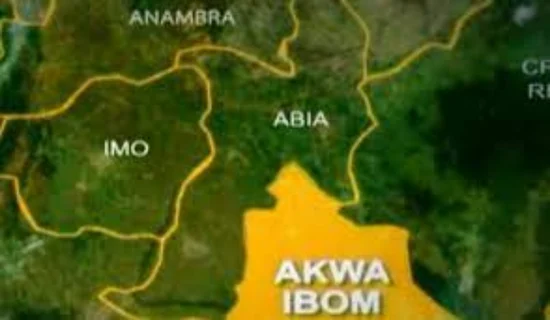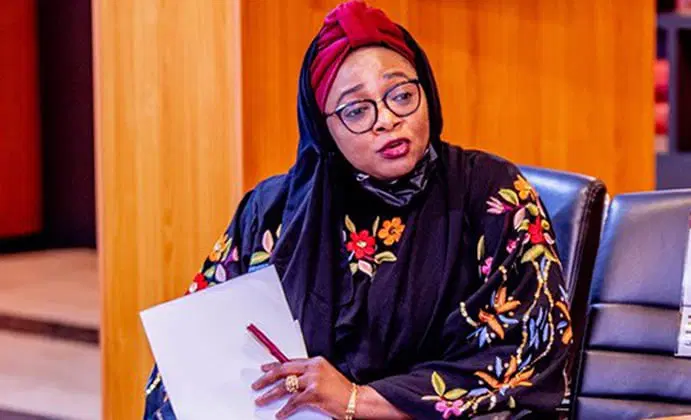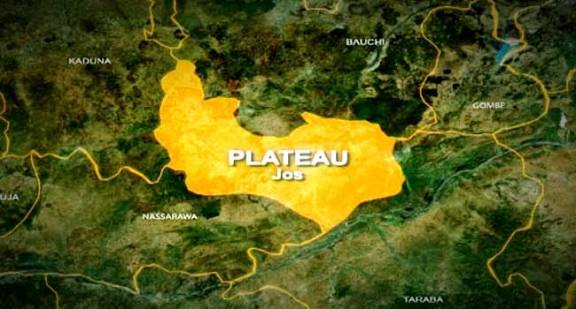As world leaders continue in the pursuit of alternative energy, the Organization of the Petroleum Exporting Countries, Governor for Nigeria, Ambassador Gabriel Aduda, has said that energy transition must be just and equitable, enabling countries to develop energy sources available to them responsibly.
Aduda, in a statement, said that, climate change enthusiasts must recognize fossil fuels as the fuel that enhanced the industrialization of advanced nations and come up with modern technologies that will further reduce emissions and not reduce production, according to BusinessDay.
He said, “Africa must develop from the known before it can transition to the unknown. It must harness its vast natural resources and develop the same for the good of its people.
“Big Brother nations must recognize that achieving set goals in energy transition, calls for deliberate and sustainable global partnerships where all nations are given a fair field of play and encouraged to develop responsibly energy sources available to them.”
In her comments, the former President of Mauritius, Bibi Ameenah Firdaus, said that the two interwoven sustainable development fields, environmental and social needs, tend to have diverged from the way, they measure progress and should work together.
“Secretary-General Antonio Guterres said and I quote, “Today’s global challenges, from the climate crisis to growing inequality and the governance of new technology, can only be resolved
through dialogue and cooperation.”
She said that collaboration is not only essential but critical given that the world has six years to achieve the UN Sustainable Development Goals by 2030, as progress so far is nowhere near where it is needed.
She explained “Just 12 per cent of the targets for which data exists are on track, half alone are off track and more than one-third are either failing to advance or worse still, regressing below the baseline set in 2015.
“It is only through cross-sector, cross-industry, and cross-society partnerships that we can scale the societal commitments to which we hold ourselves accountable and protect the global commons.
“So we need to explore and establish dynamic partnerships that explicitly expand our boundaries, particularly at the national and local levels where the necessary flexibility allows us to address locally relevant issues.”










